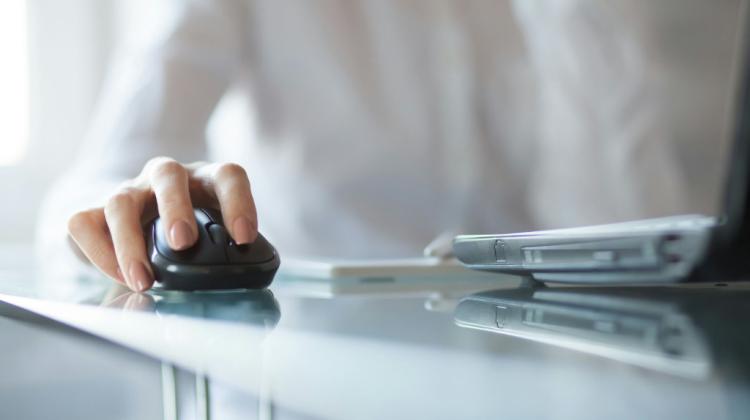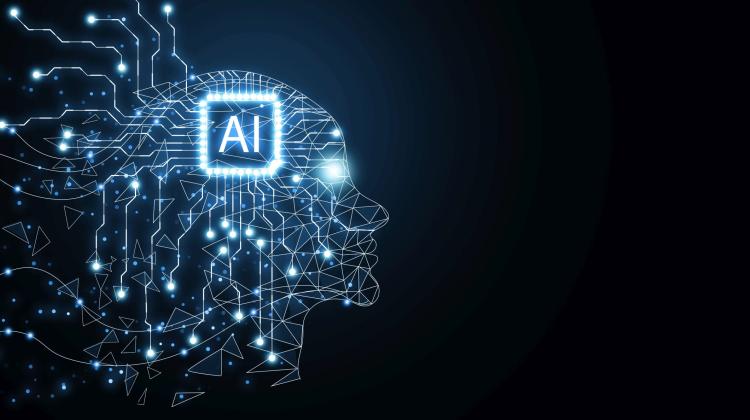The EC launches a public consultation on Science 2.0

The European Commission has launched a public consultation on Science 2.0. One of the objectives is to gauge the trend towards a more open and people-focused way of doing research. The consultation will continue until the end of September 2014.
Science 2.0 is a fairly broad concept, which envisages a more open approach of scientists to the possibilities offered by the Internet. Science 2.0 includes, for example, studies in which scientists ask Internet users for help in collecting data for their research, analysing of the collected information or even raise funds research online. With this open approach, researchers can conduct research in an innovative way - for example, asking people for information in the case of illness and predict possible outbreaks.
Science 2.0 also means new opportunities for collaboration between scientists from different parts of the world: they can exchange the findings of the initial stage of the work, compare their results and discuss their research. Scientific publications are increasingly available on the Internet free of charge.
In this consultation, the EC wants to gauge the public awareness of and participation in Science 2.0. The authors also want to find out what people think about the opportunities created by the new science to strengthen the competitiveness of European science and research.
The deadline for responses is 30 September 2014.
European Research, Innovation and Science Commissioner Máire Geoghegan-Quinn said: "Science 2.0 is revolutionising the way we do science – from analysing and sharing data and publications to cooperating across the globe. It is also allowing citizens to join in the search for new knowledge. The whole scientific process is becoming more transparent and efficient, but this also poses questions about integrity and quality – so we want to hear people\'s views on how we can guarantee that Science 2.0 develops in a way that is positive for Europe ".
Neelie Kroes, Commission Vice-President responsible for the Digital Agenda, commented: "Now digital technology and tools offer the chance for a new transformation: improving research and innovation and making them more relevant for citizens and society. We are moving towards open, digital science – a trend that is gradual but unstoppable. That trend, and the desire to embrace it, comes, not from politicians, but from the scientific and academic communities themselves. And I am determined to support it".
The European Commission has already integrated some aspects of Science 2.0 into its policy. In particular, open access to scientific publications is mandatory for research under the EU Horizon 2020 programme. A Pilot on Open Research Data has also been launched. Through its research programmes, the EU also funds a number of citizen science projects and supports some of the e-infrastructure that makes Science 2.0 possible.
Participation in the consultation is possible via the European Commission website Your Voice in Europe (http://ec.europa.eu/research/science-2.0), where you can also find more information.
The European Commission also encourages to follow the debate on social media, with hashtag #Science20 (users can put the hashtag on their statements about open science and other social networking site users may find these statements by typing the hashtag in the search engine).
PAP - Science and Scholarship in Poland
lt/ agt/
tr. RL
Przed dodaniem komentarza prosimy o zapoznanie z Regulaminem forum serwisu Nauka w Polsce.















